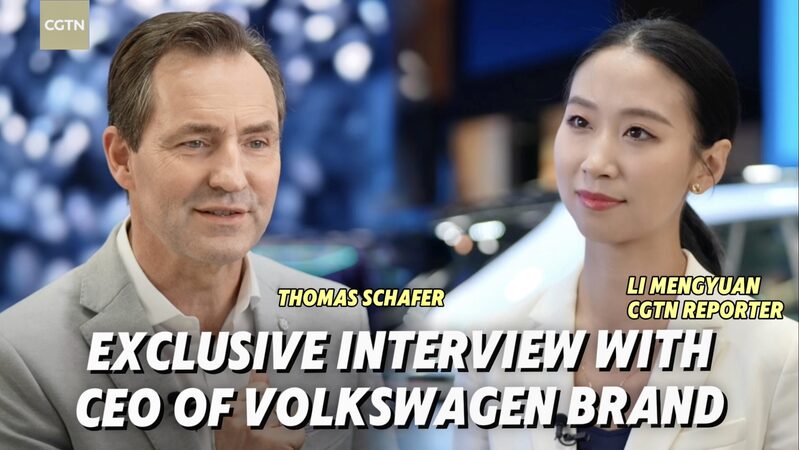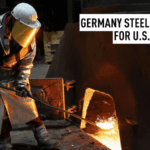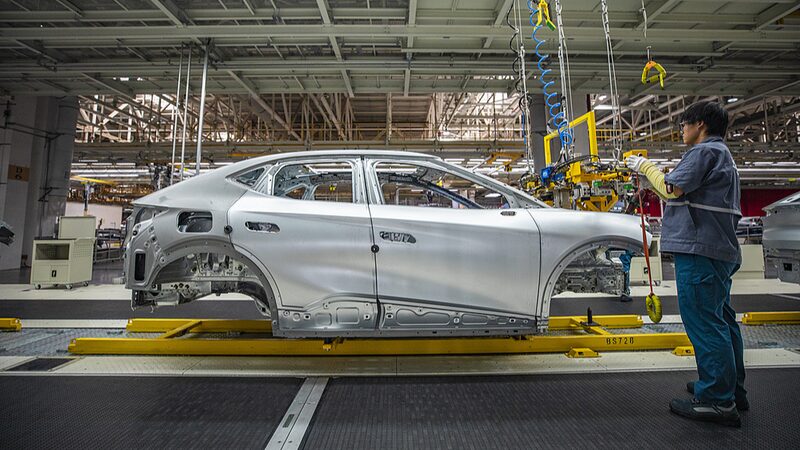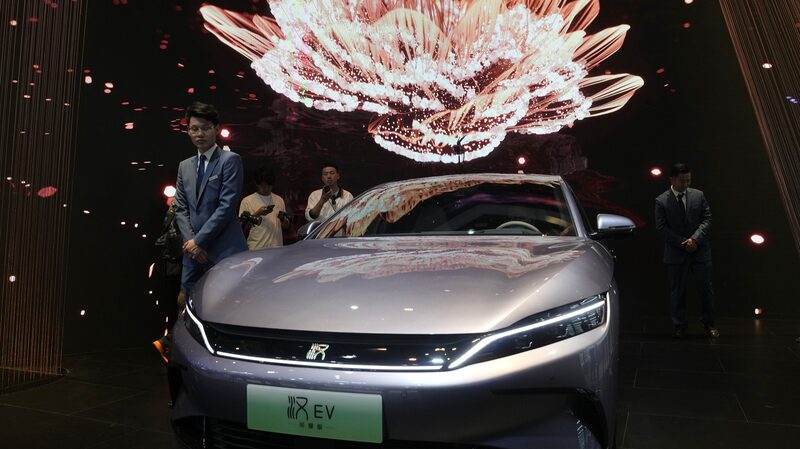Canada just fired a major shot in the global trade wars, announcing 100% tariffs on Chinese-made electric vehicles (EVs) starting October 1. The move—which also hits steel and aluminum imports—has experts warning it could backfire on innovation and climate goals. Let’s break it down. 🔍
What’s Happening?
Ottawa’s new tariffs will slap a steep 100% tax on all EVs from China, including cars, trucks, and buses, adding to existing 6.1% duties. Even Tesla, BMW, and Volkswagen models made in China won’t escape the hike. Meanwhile, steel and aluminum imports face 25% tariffs from October 15. ⚠️
Why It Matters
Analysts say Canada is aligning with U.S. trade policies to push \"nearshore outsourcing\"—essentially pressuring companies to move production closer to home. But Tang Jie, a researcher at the Chinese Academy of International Trade, argues this protectionism \"protects backwardness at the cost of the future,\" stifling green tech progress. 🌱
The Bigger Picture
While Canadian EV imports from China surged 460% in 2023 (thanks to Tesla’s Shanghai exports), Chinese automakers are shrugging off the tariffs. Many are accelerating plans to expand global supply chains, suggesting Canada’s move might just reshuffle—not stop—the EV revolution. 🔄
As climate goals clash with trade politics, one thing’s clear: In a world racing toward sustainability, building walls might leave everyone stuck in traffic. 🚧
Reference(s):
cgtn.com





